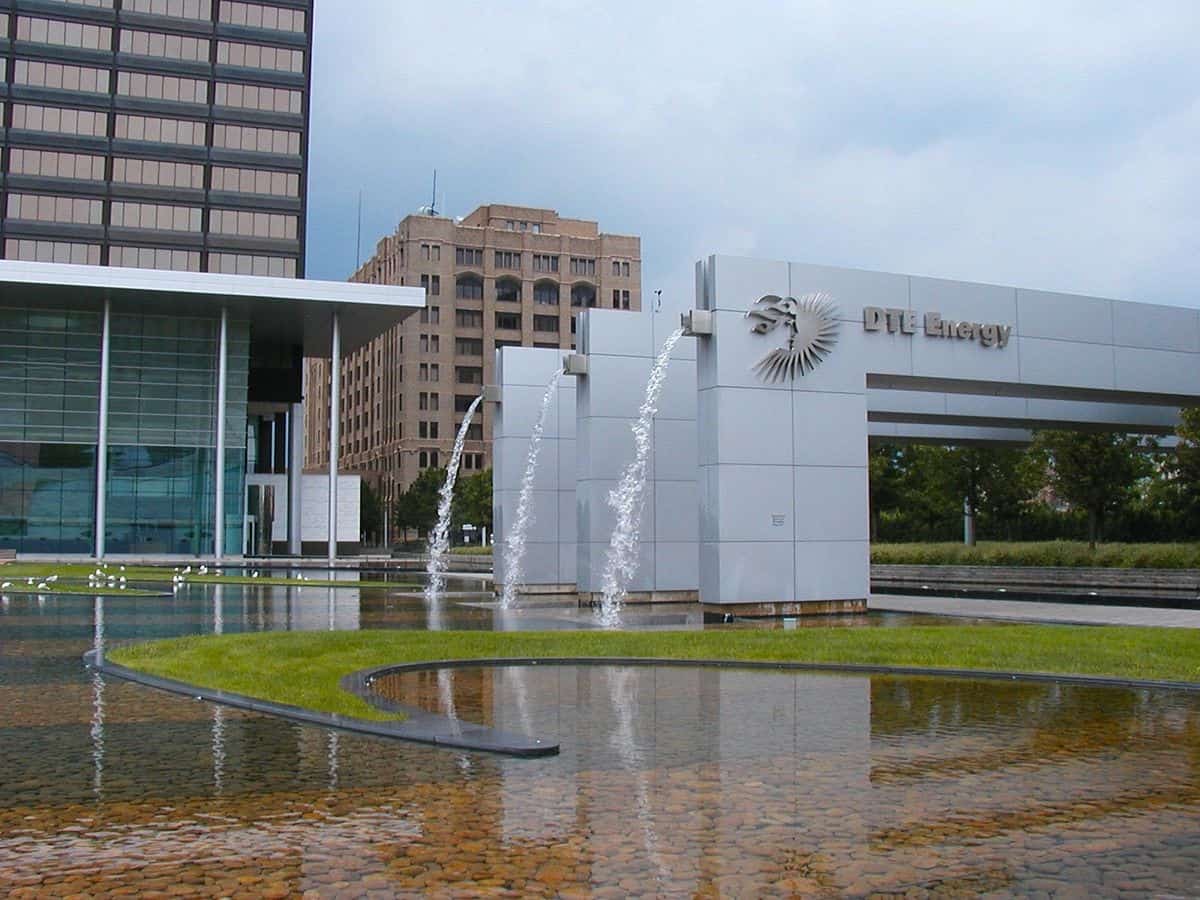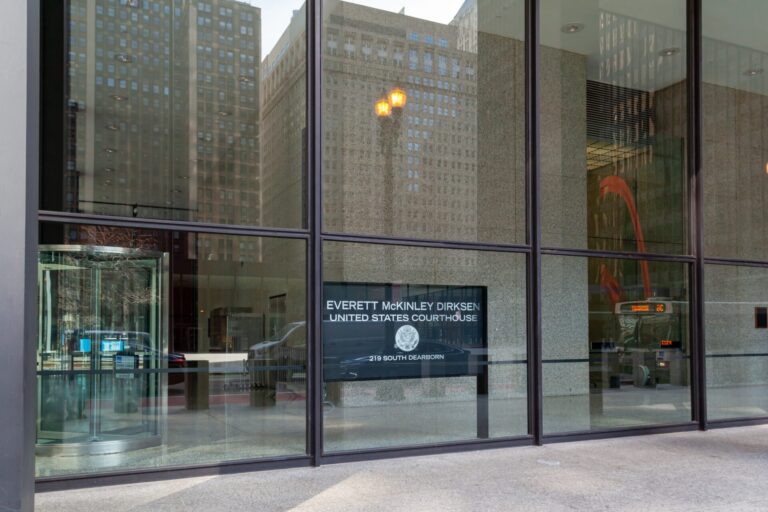DTE Energy sets net-zero emissions goal by 2050 for electric subsidiary, but gas investments raise doubts about seriousness

DTE Energy announced this week that it was setting a goal of net-zero carbon emissions by 2050 for its electric utility, but the company’s investments in gas raise questions about whether it is on a pathway to meet that commitment.
In making the announcement, Skiles Boyd, DTE Energy’s Vice President of Environmental Management and Resources, said that the company will work with state and federal policy makers to advocate for “focused research” on “carbon offset, capture and storage technologies” (CCS), and that it will take a “leading role” in the development of CCS, modular nuclear facilities, and large-scale storage. A graphic that accompanied Boyd’s blog revealed that the company envisions it can reduce its emissions by only 60% from 2005 levels by 2040 “based on current technology.”
Boyd, however, expressed skepticism to state lawmakers from across the country just last month on the value of the very 2050 net-zero emissions goal to which DTE has now committed.
Speaking to legislators at the National Conference of State Legislators Legislative Summit in Nashville on Aug. 7, Boyd criticized of net-zero goals, noting that “if you don’t have a good pathway to get there you either fail at the goal or do stupid things along the way.”
Boyd stated:
“You’re now starting to hear companies talk about net-zero by 2050. Xcel is one of them that’s come out with that. Public Service Electric and Gas is another one that has just recently come out with one. But I’ve talked to my peers at those companies and we don’t have a path for that last 20%. We have a goal and we’ve got ideas of what things can happen. But we need technology development, further technology development. We need policies in order to achieve it.
Skiles Boyd, DTE Energy’s Vice President of Environmental Management and Resources
I’ve said, you know, every once in a while we get beat up because we’re not saying that yet. And I have talked to my CEO and I said, ‘We could say it because we do have that goal.’ But we don’t, you know. He has been pretty strong and I’m on the path to get there. Setting goals is great but usually if you don’t have a good pathway to get there you either fail at the goal or do stupid things along the way.”
DTE gas investments make net-zero goal more expensive to achieve
It may not be all that surprising that Boyd expressed apprehension about whether utilities had a “good pathway” to reach net-zero by 2050. DTE Energy’s current business plans include major fossil fuel infrastructure investments and possible future gas plant investments, as environmentalists and renewable energy advocates immediately pointed out after the company made its announcement.
“DTE’s goal to advance carbon-free energy solutions is a step in the right direction, but their track record on investing in clean, renewable energy — and the company’s recent flawed, long-range energy plan — leave us feeling skeptical, said Lisa Wozniak, executive director of the Michigan League of Conservation Voters. With the threat of climate change growing by the day, we need bold clean energy solutions right now, not new fossil fuel plants. DTE Energy should fully commit to no new gas plants in its long-term energy plan if it really wants to meet its carbon-free promise.”
Energy policy analyst Ben Inskeep called DTE Electric’s net-zero target “a mockery of climate reduction goals,” and criticized the company for its failure to invest in renewable energy and recent gas investments:
Joe Daniel, an energy analyst at the Union of Concerned Scientists, further noted that to achieve its goal, DTE would have to either retire a gas plant currently under construction before it has recovered all of its costs, or to add carbon capture and storage, despite the cost of CCS not being included in DTE’s initial estimates of construction and operating costs of those plants to regulators.
Adding current CCS technology would dramatically increase the costs of building gas plants, including the Blue Water Energy Center the utility is currently constructing. A coalition of environmental groups had presented evidence to the Public Service Commission that even without CCS, DTE could have used renewable energy and efficiency to meet demand reliably instead of building the gas plant. In fact, Crain’s Detroit Business reported last year that Vote Solar, Union of Concerned Scientists and the Environmental Law and Policy Center found that DTE could have saved customers “more than $340 million by shelving the gas plant and instead investing in wind and solar, other renewable energy options, storage technologies and energy efficiency programs.”
But as the Energy and Policy Institute has previously reported, DTE Energy is heavily involved in the natural gas pipelines and storage business. It has invested billions of dollars in infrastructure, particularly in the Marcellus and Utica shale region, to make sure fracked natural gas can be delivered through its pipeline assets and to have both DTE Gas and DTE Electric ratepayers serve as a captive market for that fuel. DTE executives plan to spend between $4 and $5 billion over the 2019-2023 period on natural gas gathering and pipeline investment expansion.



